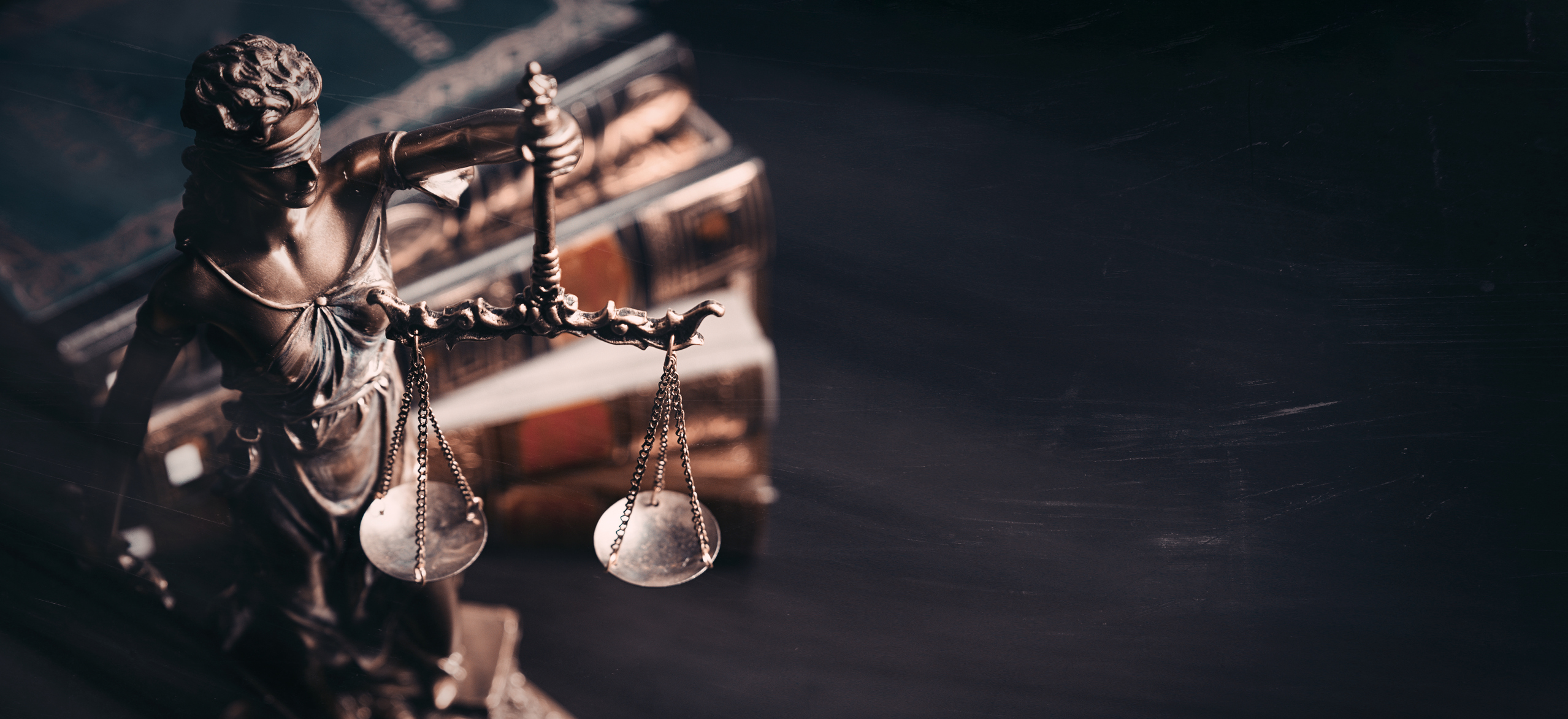
The one-year period to bring an action for malpractice typically begins after the lawyer last represented you, often easily identified as the date of formal withdrawal. But can it really be that easy?
A recent California Court of Appeal decided it's not, holding instead the relationship ended when the attorney served the client with a motion for withdrawal as counsel, and NOT when the motion was granted 44 days later.
In Flake v. Neumiller & Beardslee, a former client filed suit against his former attorneys for legal malpractice. The complaint was filed on what the former client believed was the last day before the statute of limitations on legal malpractice ran. In response to the complaint, the attorneys moved for summary judgment contending the claims were barred by the statute of limitations. In their motion, the attorney-defendants argued the statute of limitations began to run when they served the former client with the withdrawal motion on November 25th.
The former client opposed the motion for summary judgment contending: he did not have any recollection of receiving the withdrawal motion; the facts alleged in the withdrawal motion regarding an agreement that another attorney would take over representation were false; and that, in any event, the statute of limitation did not begin to run until after the withdrawal motion was granted on January 7th of the following year.
The trial court ultimately agreed with the attorney defendants, holding the complaint for legal malpractice was untimely and barred by the statute of limitations.
The former client appealed. In ruling on the appeal, the Court of Appeal first explained that in instances where the attorney unilaterally withdraws as counsel, the attorney-client relationship ends when "the client actually has or reasonably should have no expectation that the attorney will provide further legal services." Thus, the Court held that the client's subjective belief did not control.
It also held that a final court order was not required to sever the attorney-client relationship. Instead, the Court looked to when a reasonable person would conclude his or her attorney was not going to perform additional legal services on their behalf. In doing so, the Court found the trial court's determination that this occurred either when the attorney told the client after the verdict that the client would not be responsible for an attorneys' fees award, causing the client to believe his part in the litigation was over; or when the client received the withdrawal motion in which the attorney-defendants represented that another attorney was handling the post-judgment motions and appeal. As both occurred before the withdrawal motion was granted, the former client's complaint was time barred and he could not pursue his claims for legal malpractice.
As always, the law favors the vigilant, before those who sleep on their rights.